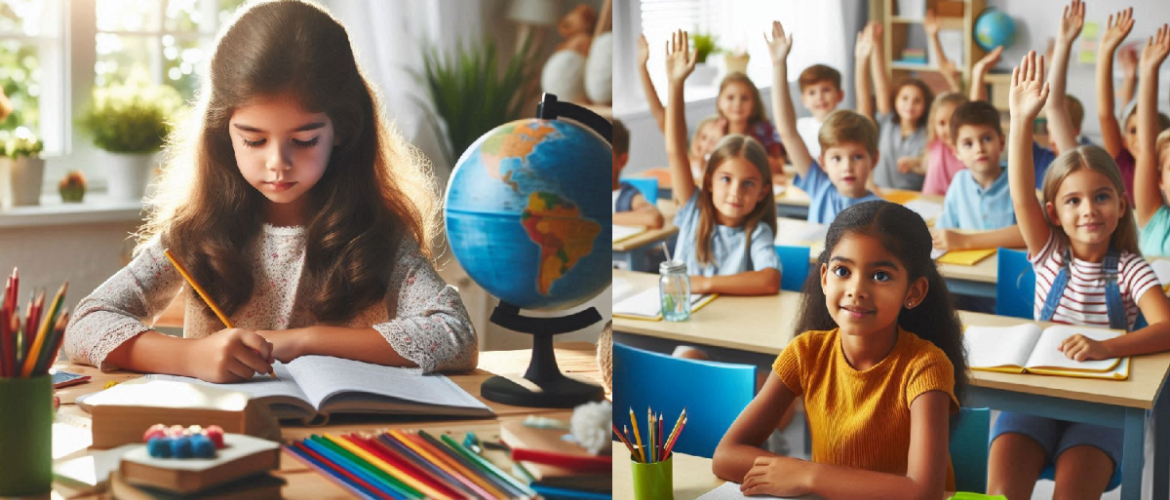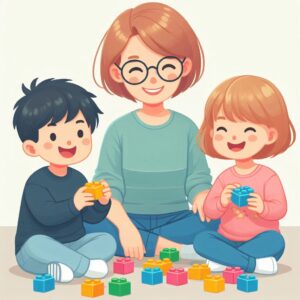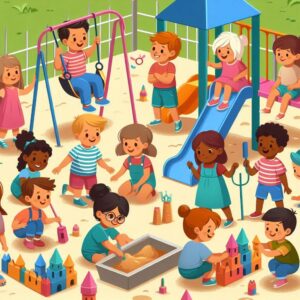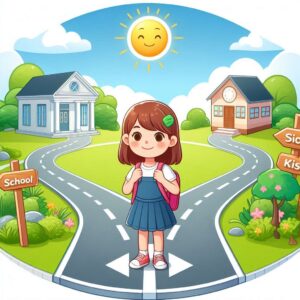Blog
Which of the two options, homeschooling or formal education, is best for your child?
- October 17, 2024
- Posted by: Gargi
- Category: Study

One of the most difficult decisions you will face as a parent is the type of education to provide your child. Homeschooling is growing increasingly popular due to its individualized approach, although traditional schooling has long been the norm. However, how do you know which course of action is best for your child? To help you make an informed decision, consider the differences between homeschooling and traditional schooling, as well as the benefits of both.

Adaptive Education
- Homeschooling offers a highly customizable schedule. Parents can adjust the learning pace to suit their child’s needs, allowing more time for subjects where the child may need extra help or to accelerate in areas where they excel. This flexible environment is ideal for children who learn best outside of the rigid structure of a traditional school day.
- Traditional schooling, on the other hand, follows a fixed schedule with set hours for each subject. This structure helps develop discipline and prepares children for real-world schedules. However, it may not be as accommodating for students who need more individualized attention or who struggle to keep up with the pace of their peers.

Personalized focus
The level of attention a child should receives is an additional crucial consideration.
- Giving their kids the concentrated attention required for academic success is possible for parents who opt to homeschool their kids. It may be necessary to modify the homeschooling setting to place greater emphasis on math and science if the child is exceptionally gifted in those subjects and need further support. A more engaging learning environment and better topic understanding are the usual outcomes of this strategy.
- Providing individualized attention to every student in a classroom of twenty to thirty is a difficult task for a regular school teacher. The student-teacher dynamic may interfere with one-on-one learning even at schools that offer specialized programs and tutoring.and many times it can effect your child learnings.

social Interaction
Socialization is a major factor that many parent should take into account when choosing between homeschooling and public education.
- Kids who go to traditional schools have many opportunities to interact with other childrens and develop friendships, and practice group dynamics. Kids do collaboration and communication through sports teams, school activities, and group projects,school events etc.
- Many families opt to keep their kids socializing by signing them up for co-ops, extracurricular activities, or group learning sessions, even though homeschooling can occasionally limit these options. Apart from the traditional classroom, homeschoolers can also take part in community events, sports teams, and group classes that promote their social skills.

Curriculum choice
- In homeschooling parents have complete control over the curriculum, parents who homeschool their children can customize the classes to fit their interests and academic objectives. They can incorporate useful life skills, put more of an focus on things that their child is passionate about, or even offer religious lessons if they so choose. But this also puts the stress of class planning and curriculum development on parents, which can be rather demanding but websites like Livxs learning solves that issue for many parents.
- A standard curriculum created by educational boards is followed in traditional schools. This guarantees that kids get good education in all subjects, but it also implies that not every student’s learning preferences or learning style will be met by the curriculum or school. and there might not be as much opportunity for creativity or discovery in the classroom due to the their fixed structure and they do not focus on what your child might be passionate about.

Environment of Learning
The educational experience of a child is greatly influenced by the learning environment.
- Conventional education offers a regimented, classroom-based setting that is a lot like the workplace of the future. Pupils gain knowledge about how to collaborate with others, adhere to directives from many educators, and manage a set timetable. This setting encourages focus, discipline, and routine in many students.
- With homeschooling, kids can learn in the convenience of their own home or even on the go in a more laid-back setting. Students may find it easier to concentrate and feel less stressed because to this flexibility. Nonetheless, some children could find it more difficult to establish the same feeling of routine and discipline in the absence of a traditional classroom setting.

Parents Participation
While some parents engagement is necessary in both types of education, the expectations are very different.
- Parents who homeschool their kids must act as their students’ instructors, mentors, and curriculum developers. While seeing their child’s development up close can be gratifying, this degree of commitment can also be taxing in terms of time, patience, and effort on the parents.
- When it comes to daily education, parents are usually less involved in regular schools. they just assist with schoolwork, going to parent-teacher conferences, and making sure their child is following the rules and regulation of the school, they perform a supporting role

Conclusion which is Best for Your Child
Whether you homeschool your child or send them to a typical classroom will rely on your child’s requirements, learning capabilities, and the values and way of life of your family.
If your child needs a flexible schedule, responds well to one on one sessions, or has special learning requirements that standard schools are unable to meet, or they passionate about something, homeschooling might be a better alternative.
If you want your child to have regular social interactions with classmates, enjoys group activities, and benefits from an organized atmosphere, regular schooling can be the ideal choice.
In the end, the choice should be based on what will contribute most to your child’s long-term goals and sucess, mental health, and academic development. Both choices provide worthwhile experiences; the key is to strike the ideal balance for your family.
